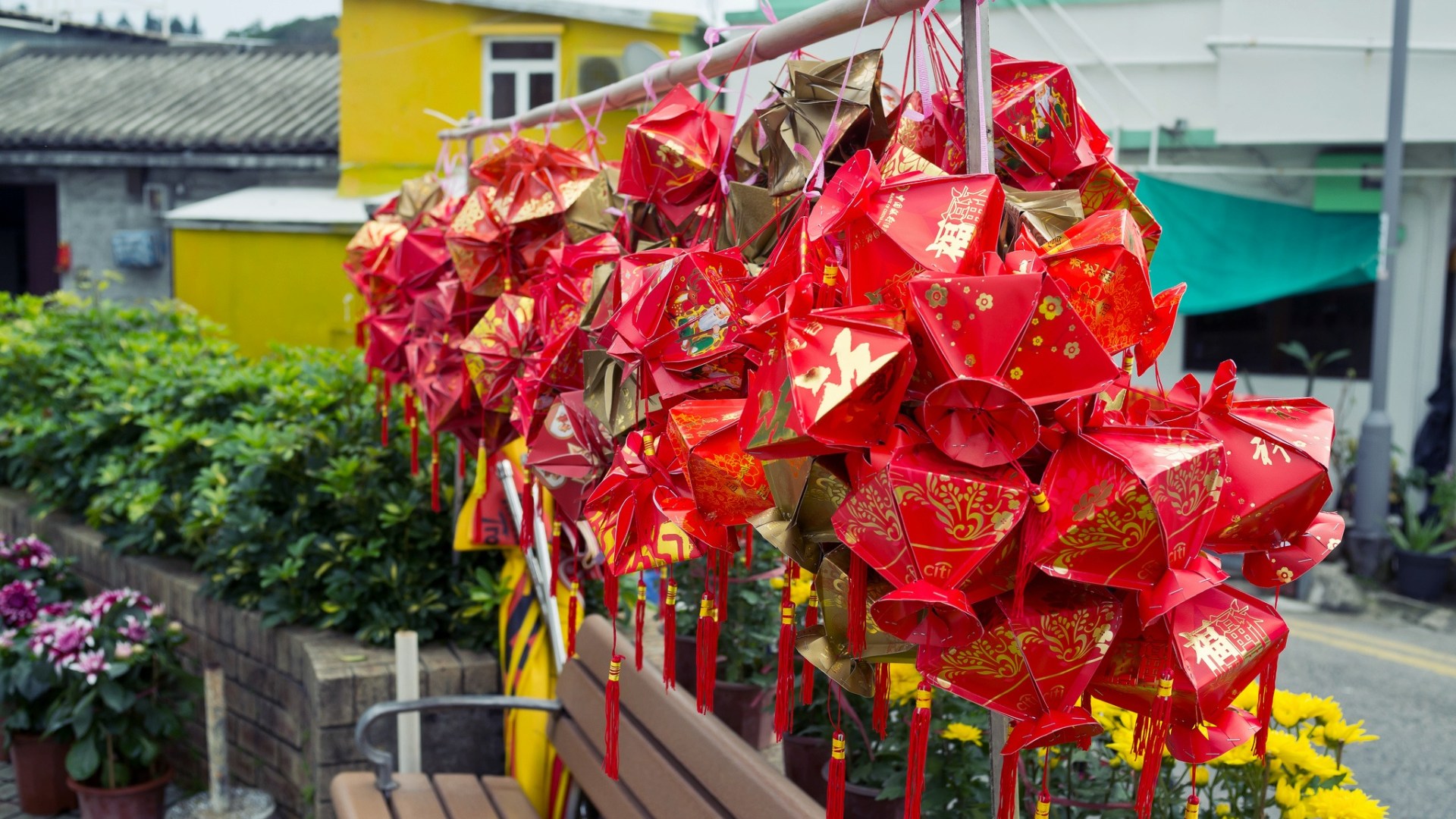Think of it as the Chinese version of Christmas. Lunar New Year—celebrated today, February 19—is the one holiday when everyone in China returns home to be with family, exchange gifts, and eat as much as they can.
But this simple cultural tradition has turned into a logistical nightmare for Chinese citizens, increasingly drawn away from their countryside hometowns for jobs in urban centers. With upwards of 260 million migrant workers—nearly one-fifth of the entire population—heading home for the holiday, Chinese authorities predict there will be 2.8 billion individual passenger journeys across the Middle Kingdom in the next few weeks.
It has become the largest annual human migration on the planet.
New Year reunions are so important that most Chinese will go to any lengths to make the trip, including waiting in line for days for train or bus tickets, or shelling out a sizable amount of their income to purchase flights. When I was living in China, a co-worker of mine purchased a standing-only train ticket home because it was all he could get. The one-way trip took 12 hours.
Many migrant workers in China’s cities have left behind aging parents; some have left behind their own children. The government forces these hard choices with its hukou system of family registration. Individuals inherit their designation as either “rural” or “urban” residents, which determines where they can access government benefits for education, healthcare, and retirement. Even if their parents are working in a city, rural children often cannot attend school or gain affordable healthcare there, and so are left in the countryside with their grandparents or other relatives.
Today as many as 61 million children in China haven’t seen one or both parents in at least three months. They’re known colloquially as “left-behind children.” In the day-to-day lives of migrant workers, “family” is sadly becoming an increasingly unfamiliar notion. Lunar New Year is a rare opportunity for many Chinese families to be together.
Last December, the International Monetary Fund declared that China had become the world’s largest economy, taking the title from the US for the first time in 140 years. The country’s extraordinary growth over the last three decades is largely due to a seemingly endless supply of rural workers to power their factories, offices, and development projects. But the people are paying a heavy price.
A recent study found that nearly 60 percent of Chinese migrant workers suffer from depression and 17 percent suffer from chronic anxiety. The majority feel significant pressure to provide for the family members they’ve left behind—and guilt that they left them behind to begin with. Their children aren’t faring much better. One study found that more than 70 percent of rural children in China show signs of serious mental health problems, including depression and anxiety.
This is the strange paradox that a large proportion of the Chinese population is experiencing these days: even as their incomes and economic prospects increase, their family lives and psychological wellbeing are falling apart.
When I lived in one of these job centers, the megacity Shenzhen in southeast China, I met dozens of young professionals who had “made it” by every standard: they were well educated; they had good-paying office jobs; they were well on their way to saving up for a car or house. But their souls were starving for more—more meaning, more compassion, more community, more of a sense of eternity in a place of extraordinary transience. The unhappiness of the people was as noticeable as the rows of glistening skyscrapers being built.
By the Chinese Communist Party’s own (probably conservative) figures, there were 2.4 million new baptized Christians in China from 2008 to 2012. During that same period, more than 1,000 pastors were ordained, and another 5,000 churches or meetings places constructed. Migrant workers are the main driver behind these numbers, as they increasingly seek out religion—most commonly Christianity—as a place of support, encouragement, and hope for something beyond their dreary work lives.
Urban centers unofficially have laxer oversight of religious groups; the sheer number of residents, plus foreigners and foreign entities, make it impossible to track everyone. There are still crackdowns on religious groups and leaders, especially around high-profile international events, but many house churches operate relatively freely in these areas. In these cities, built on the assumption that wealth and status and ambition are all we need, the name of Jesus is spreading.
Today Christianity is spreading as rapidly in urban China as it spread through ancient Palestine in the book of Acts. Experts say that China could become the largest Christian nation by 2025. The good news, among all the hardship that China’s migrant workers are experiencing, is that they are discovering the true Good News. The nuclear family in China may be struggling these days, but the family of God is rising to embrace them—and that reach is extending out to every corner of the country.
This week, as hundreds of millions of Chinese board trains, buses, planes, and more to make the long journey home, not a small number of them may be considering how to talk to their parents and children about this God they’ve recently met, a God who sees and loves all no matter where they live, how much money they make, or what they do.
In an unexpected twist that only God could have foreseen, the world’s largest annual human migration may very well become the greatest gospel migration of the modern age. And Chinese New Year may become its own form of Christmas, as the King arrives in hundreds of thousands of households across the Middle Kingdom.
Dorcas Cheng-Tozun is a writer, blogger, and editor who has found healing and hope through words. Previously she worked as a nonprofit and social enterprise professional in the US and Asia. She now lives in the San Francisco Bay Area with her husband and adorable hapa son. You can find her online at www.chengtozun.com or on Twitter @dorcas_ct.









